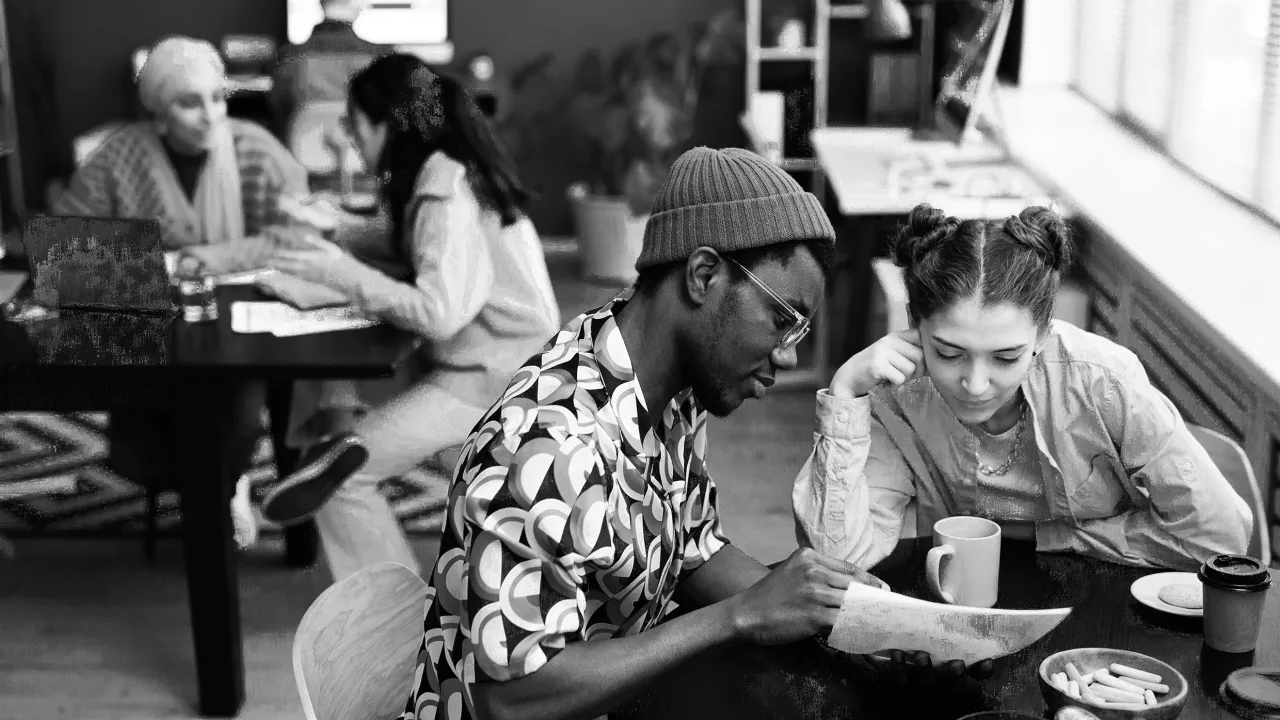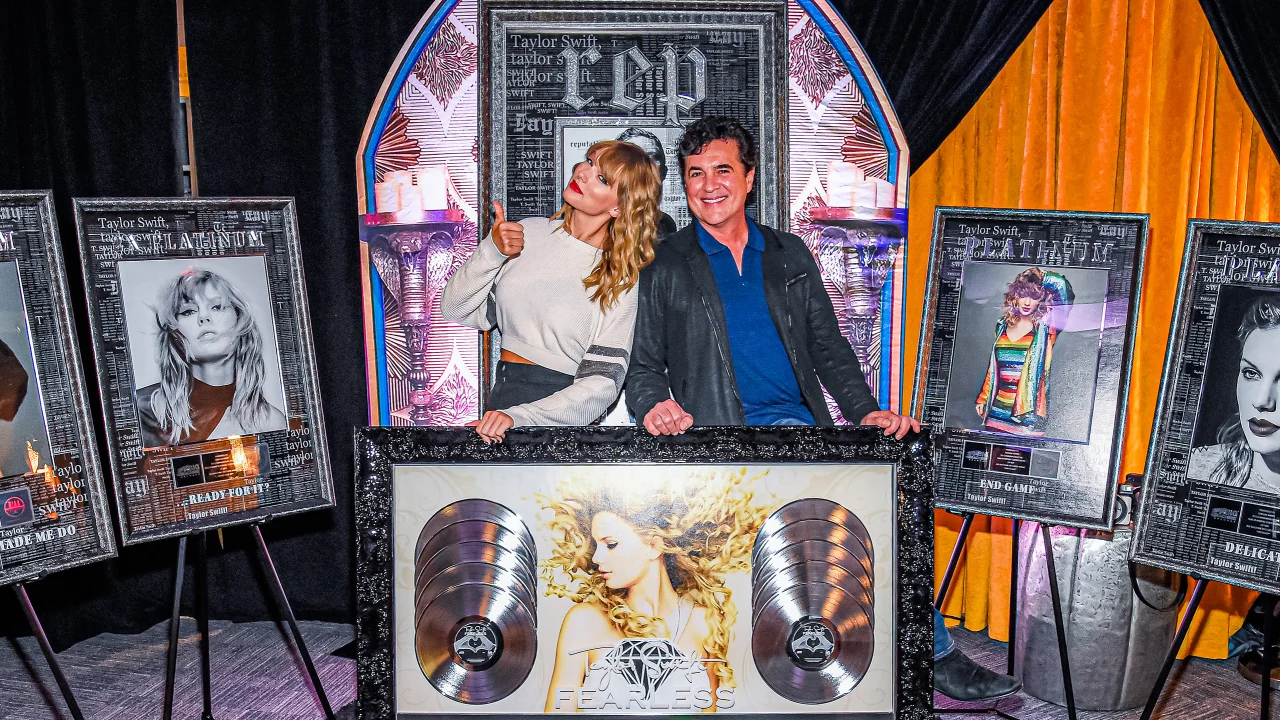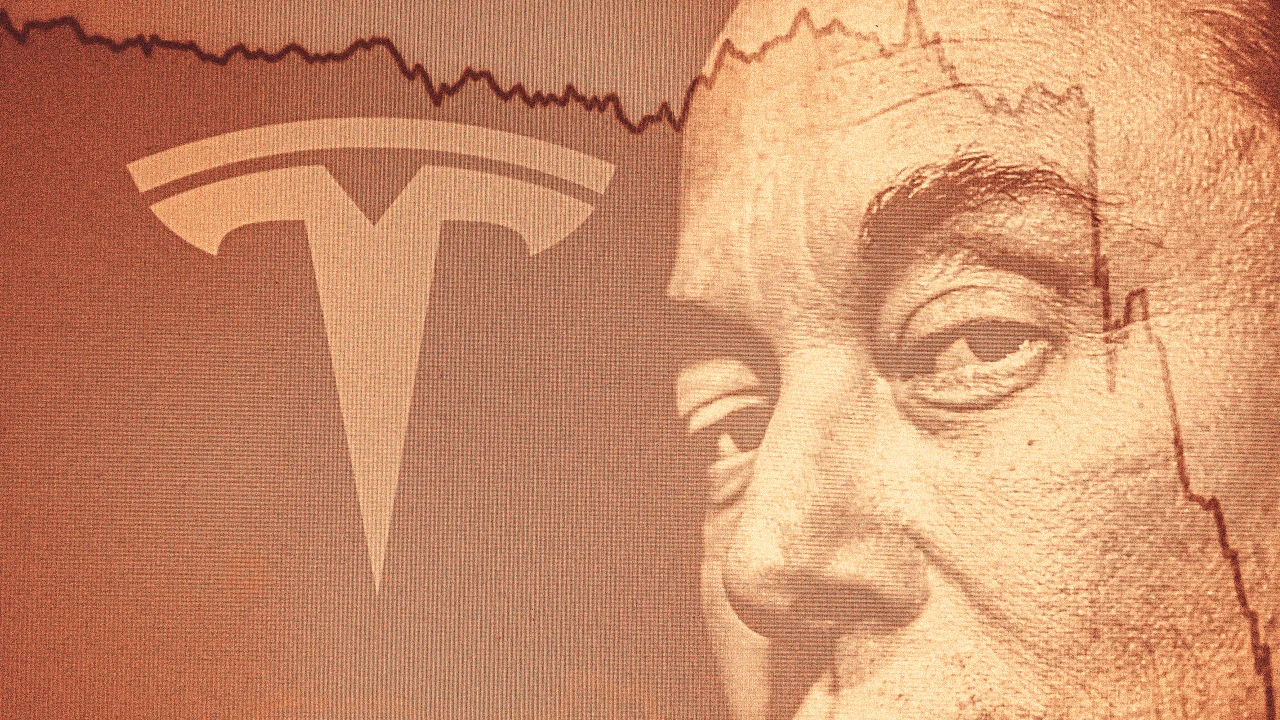No, Gen Z isn’t like ‘every other generation.’ And that’s a good thing
Every other day, someone rolls out a confident take: Gen Z isn’t really all that different. Give them a few years, they say, and they’ll fall in line like every generation before them. It’s a comforting story—especially for those who built the system they expect Gen Z to fit into. But after years of teaching Gen Z, studying their values, and listening to what they need from work and leadership, I can say with certainty: It’s not that simple. And pretending it is might be the biggest leadership blind spot of our time. Gen Z didn’t grow up in the same world their managers did. Every generation faces unique struggles—but those struggles shape different expectations, different instincts, and different realities. For Gen Z, those realities include climate anxiety, political polarization, mass shootings, pandemic isolation, and economic instability. They watched institutions crumble in real time. Their parents raised them in a world with constantly changing rules, a workplace that doesn’t always reward loyalty, and an environment that makes it seem like success involves passing the stress test. What Gen Z actually wants When Gen Z employees walk into a workplace, they’re not trying to conform. They’re looking for clarity. They’re looking for fairness. And they’re looking for leaders who make sense. I surveyed 175 Gen Z college students, ages 18 to 21, and asked them: What leadership traits do you most value in a boss? What helps you feel engaged at work? The answers weren’t radical. They were grounded, human, and refreshingly reasonable. Here are the top 10. 1. Organization: Clear expectations and structured leadership 2. Respect: Fair treatment and valuing individual input 3. Communication: Honest feedback and transparency 4. Positive Attitude: Supportive, motivating tone 5. Approachability: Leaders who feel safe to talk to 6. Flexibility: Some autonomy in how and when work is done 7. Fair Pay: Transparent and equitable compensation 8. Responsibility: Leaders who take accountability 9. Trust: Confidence in leadership decision-making 10. Acknowledgment: Recognition for effort and contribution What struck me was not how surprising the results were but how basic they were. Gen Z isn’t demanding perfection. They’re asking for what most generations have wanted—but they’re less willing to tolerate its absence. They aren’t disengaged. They’re discerning. The importance of empathy That distinction matters. In my conversations with executives, I often hear frustration: “They don’t want to pay their dues.” “They push back too much.” “They ghost interviews.” But when I talk to Gen Z, what I hear is something different: “I want to understand the why.” “I need a boss I can actually talk to.” “If I feel invisible, I’ll leave.” Gen Z isn’t fragile. They’re focused. They’re not afraid of hard work—they’re just not willing to do it in a place that treats them like a cog with a college degree. They want work environments that align with their values: fairness, flexibility, and the radical notion that people deserve to be treated like people. And if they don’t find it, they move on. Not out of entitlement, but out of self-preservation. Because they’ve learned—sometimes the hard way—that no job is worth your dignity. And they don’t see burnout as a badge of honor. That’s where empathy comes in. Not the curated kind, where a company posts a mindfulness webinar at noon and sends passive-aggressive emails at five. I’m talking about real, grounded empathy—the kind that shows up in how leaders communicate, take responsibility, and follow through. It’s not about being soft. It’s about being steady. And it’s the difference between a boss who manages tasks and a leader who earns trust. I call it engaged empathy: leadership that listens, adapts, and holds firm when it matters but never forgets it’s leading people. It’s not about coddling or over-accommodating. It’s about removing the guesswork from work and building trust—day by day, word by word. Somewhere along the way, leadership got tangled in bravado. But Gen Z doesn’t respond to that. They want and respond to consistency, communication, and yes, kindness. The best leaders I’ve observed don’t perform strength—they embody steadiness. A generation forging their own path There’s something I’ve been thinking about a lot lately: Gen Z isn’t waiting to be molded—they’re choosing what’s worth shaping themselves around. And that’s not a sign of weakness—it’s a sign of agency. It’s easy to compare them to how we were at 22, to say “They’ll figure it out,” and move on. But the truth is, they’ve come of age in a different world. Of course, they see things differently. That’s not a threat to tradition—it’s an invitation to evolve. When the workplace grows to meet its clarity, we all benefit. Burnout goes down. Retention goes up. Cultures become more thoughtful and more human. Leadership bec

Every other day, someone rolls out a confident take: Gen Z isn’t really all that different. Give them a few years, they say, and they’ll fall in line like every generation before them.
It’s a comforting story—especially for those who built the system they expect Gen Z to fit into. But after years of teaching Gen Z, studying their values, and listening to what they need from work and leadership, I can say with certainty: It’s not that simple. And pretending it is might be the biggest leadership blind spot of our time.
Gen Z didn’t grow up in the same world their managers did. Every generation faces unique struggles—but those struggles shape different expectations, different instincts, and different realities. For Gen Z, those realities include climate anxiety, political polarization, mass shootings, pandemic isolation, and economic instability. They watched institutions crumble in real time. Their parents raised them in a world with constantly changing rules, a workplace that doesn’t always reward loyalty, and an environment that makes it seem like success involves passing the stress test.
What Gen Z actually wants
When Gen Z employees walk into a workplace, they’re not trying to conform. They’re looking for clarity. They’re looking for fairness. And they’re looking for leaders who make sense. I surveyed 175 Gen Z college students, ages 18 to 21, and asked them: What leadership traits do you most value in a boss? What helps you feel engaged at work?
The answers weren’t radical. They were grounded, human, and refreshingly reasonable. Here are the top 10.
1. Organization: Clear expectations and structured leadership
2. Respect: Fair treatment and valuing individual input
3. Communication: Honest feedback and transparency
4. Positive Attitude: Supportive, motivating tone
5. Approachability: Leaders who feel safe to talk to
6. Flexibility: Some autonomy in how and when work is done
7. Fair Pay: Transparent and equitable compensation
8. Responsibility: Leaders who take accountability
9. Trust: Confidence in leadership decision-making
10. Acknowledgment: Recognition for effort and contribution
What struck me was not how surprising the results were but how basic they were. Gen Z isn’t demanding perfection. They’re asking for what most generations have wanted—but they’re less willing to tolerate its absence.
They aren’t disengaged. They’re discerning.
The importance of empathy
That distinction matters. In my conversations with executives, I often hear frustration: “They don’t want to pay their dues.” “They push back too much.” “They ghost interviews.” But when I talk to Gen Z, what I hear is something different: “I want to understand the why.” “I need a boss I can actually talk to.” “If I feel invisible, I’ll leave.”
Gen Z isn’t fragile. They’re focused. They’re not afraid of hard work—they’re just not willing to do it in a place that treats them like a cog with a college degree. They want work environments that align with their values: fairness, flexibility, and the radical notion that people deserve to be treated like people. And if they don’t find it, they move on. Not out of entitlement, but out of self-preservation. Because they’ve learned—sometimes the hard way—that no job is worth your dignity. And they don’t see burnout as a badge of honor.
That’s where empathy comes in. Not the curated kind, where a company posts a mindfulness webinar at noon and sends passive-aggressive emails at five. I’m talking about real, grounded empathy—the kind that shows up in how leaders communicate, take responsibility, and follow through. It’s not about being soft. It’s about being steady. And it’s the difference between a boss who manages tasks and a leader who earns trust.
I call it engaged empathy: leadership that listens, adapts, and holds firm when it matters but never forgets it’s leading people. It’s not about coddling or over-accommodating. It’s about removing the guesswork from work and building trust—day by day, word by word.
Somewhere along the way, leadership got tangled in bravado. But Gen Z doesn’t respond to that. They want and respond to consistency, communication, and yes, kindness. The best leaders I’ve observed don’t perform strength—they embody steadiness.
A generation forging their own path
There’s something I’ve been thinking about a lot lately: Gen Z isn’t waiting to be molded—they’re choosing what’s worth shaping themselves around. And that’s not a sign of weakness—it’s a sign of agency. It’s easy to compare them to how we were at 22, to say “They’ll figure it out,” and move on. But the truth is, they’ve come of age in a different world. Of course, they see things differently. That’s not a threat to tradition—it’s an invitation to evolve.
When the workplace grows to meet its clarity, we all benefit. Burnout goes down. Retention goes up. Cultures become more thoughtful and more human. Leadership becomes something people want to follow—not something they endure. Wouldn’t that result in a better workplace for us all?
So no, they’re not like you were at 22. And that’s more than okay. In fact, that might be exactly what the workplace has been waiting for.





























































































































































